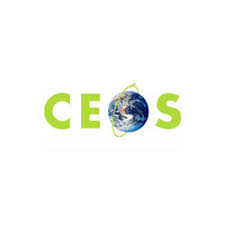
- This event has passed.
Engaging Users in Solving Coastal Issues: CEOS COAST Product Showcase
October 5, 2021 @ 12:00 pm - 1:30 pm
Free
The Group on Earth Observations (GEO) is pleased to co-host with CEOS (Committee on Earth Observation Satellites) a webinar entitled “Engaging Users in Solving Coastal Issues” on 5 October 2021 from 14h00-15h30 CEST. The aim of the webinar is to illustrate the utility of Earth observations (EO) in providing evidence-based solutions to environmental challenges.
CEOS Coastal Observations, Applications, Services, and Tools (COAST) seeks to engage with coastal stakeholders to guide the next stages of the project. At this community webinar, you will learn more about CEOS COAST and see product demonstrations focused on solving coastal issues in pilot regions centered on the Bay of Bengal (Bangladesh) and the Chesapeake Bay (US). COAST EO applications will be co-developed and co-designed with users to improve decision making and enhance products with local data for validation. Initial focus areas include: Flooding and Inundation, Bathymetry/coastline mapping, Coastal Eutrophication, and Turbidity/Sedimentation.
By showcasing some of the EO products and services currently available, the aim is to gather feedback and to use this to refine and tailor existing products to other coastal communities around the world. The development of new EO products will also be considered if issues are raised through this consultation.
Objectives:
- Engage users in co-designing/co-developing products with CEOS COAST product developers at upcoming small regional workshops in Spring 2022; and
- Identify opportunities for GEO and CEOS to help users solve their coastal issues.
Outcomes:
- List of regional and global stakeholders (and sustainment funding partners) to engage with further on CEOS COAST product development.
- User requirements (such as sensors, satellite retrieval correction algorithms, data spatial and temporal resolutions, custom applications using EO).
Target audience:
Stakeholders (such as Small Island Developing States, coastal/estuary transitional waters managers, Indigenous communities) who want to use Earth observations to make evidence-based decisions to address coastal issues.
